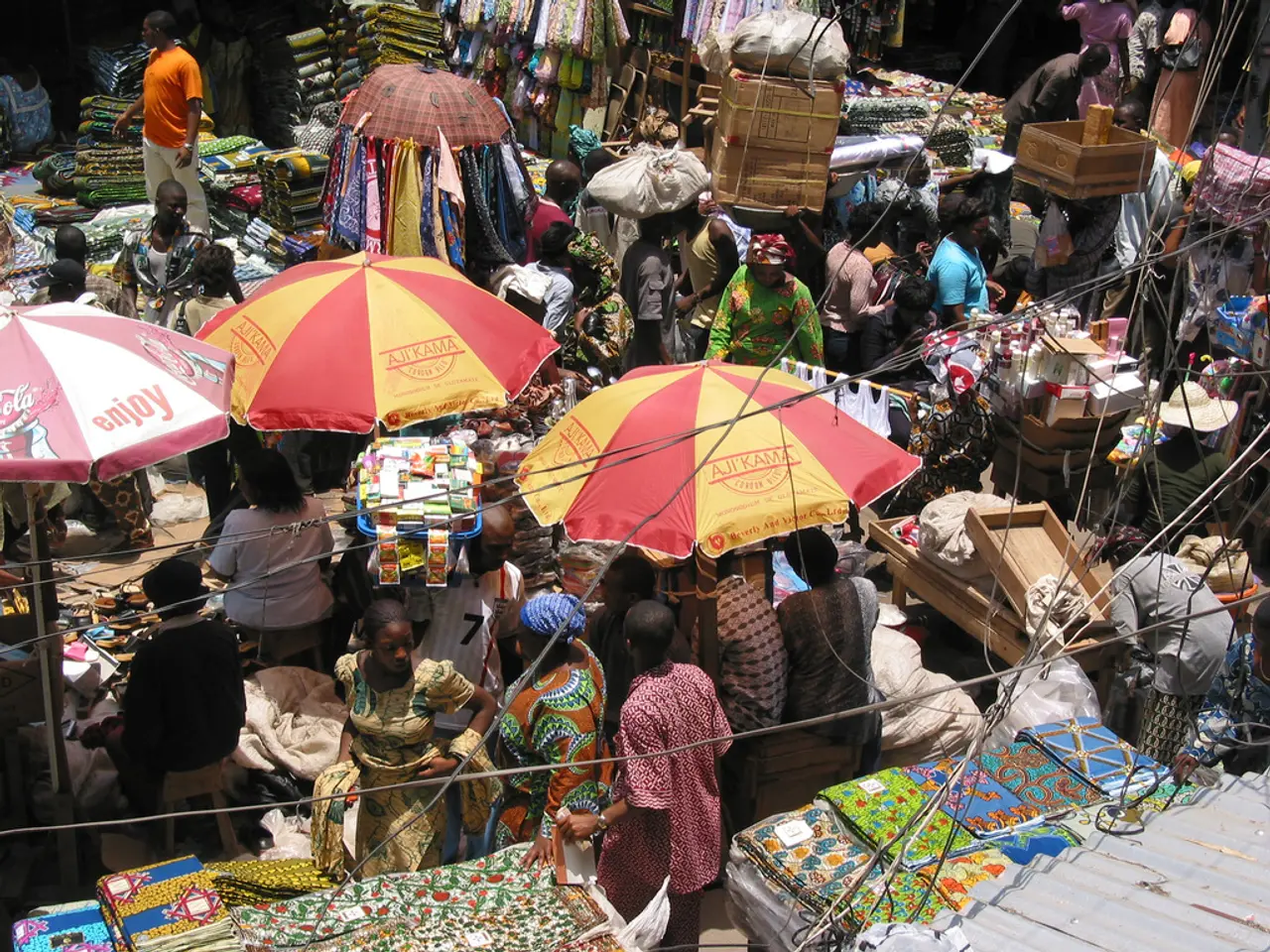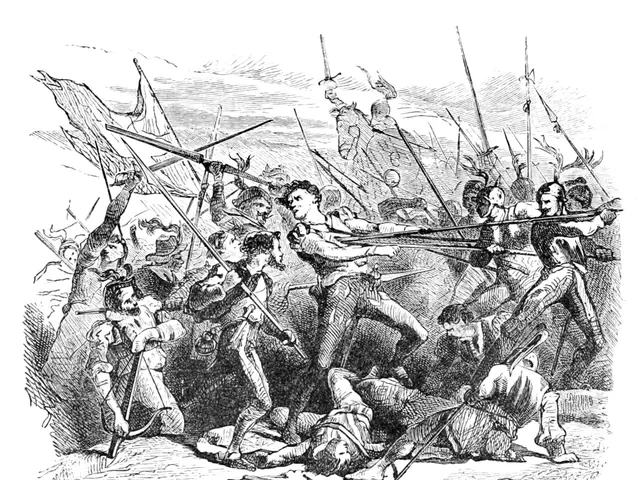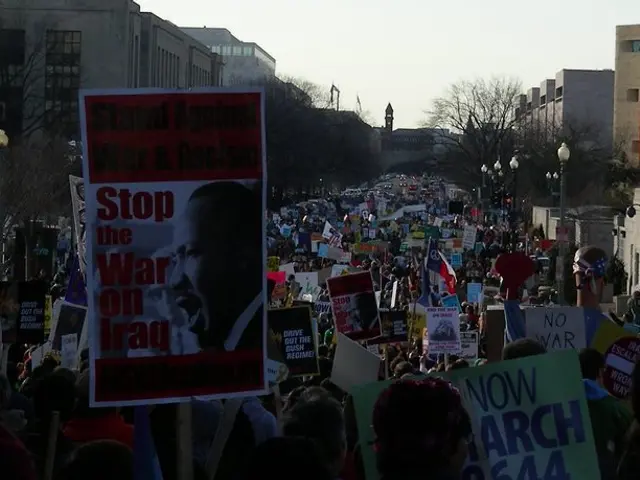Expert Conference Exposes 'Mafia-Like' Welfare Fraud in EU Immigration
An expert conference on immigration from EU states, held in Duisburg City Hall, has highlighted the prevalence of 'mafia-like structures' behind welfare fraud. Representatives from 15 municipalities, including smaller districts and major metropolises, attended the event. The conference, led by Bärbel Bas and Søren Link, called for improvements in data sharing and proposed stricter measures to combat welfare fraud.
The conference revealed that employers often act as interpreters and landlords, exploiting welfare recipients. Both Bärbel Bas and Søren Link demanded better data sharing among municipalities to tackle this issue. Bärbel Bas noted that local governments are aware of the solutions but face obstacles, particularly in data sharing. She proposed classifying welfare fraud as a criminal offense and setting a minimum threshold of hours in social security-contributing employment for freedom of movement as a worker.
Søren Link, the lord mayor, cited a residency check in Duisburg that uncovered millions in welfare fraud, stressing the importance of cross-agency cooperation. He welcomed workers but called for a re-entry ban for welfare fraud offenders. Bärbel Bas proposed a 'municipal square-meter cap' to prevent rent gouging and exploitation through overcrowded apartments filled with welfare recipients.
The conference ended with a call for joint action from the federal government, police, justice, and social authorities to develop better tools for identifying welfare fraud. The conference participants agreed that stricter measures are needed to protect the welfare system and those who play by the rules.
Read also:
- American teenagers taking up farming roles previously filled by immigrants, a concept revisited from 1965's labor market shift.
- Weekly affairs in the German Federal Parliament (Bundestag)
- Landslide claims seven lives, injures six individuals while they work to restore a water channel in the northern region of Pakistan
- Escalating conflict in Sudan has prompted the United Nations to announce a critical gender crisis, highlighting the disproportionate impact of the ongoing violence on women and girls.






